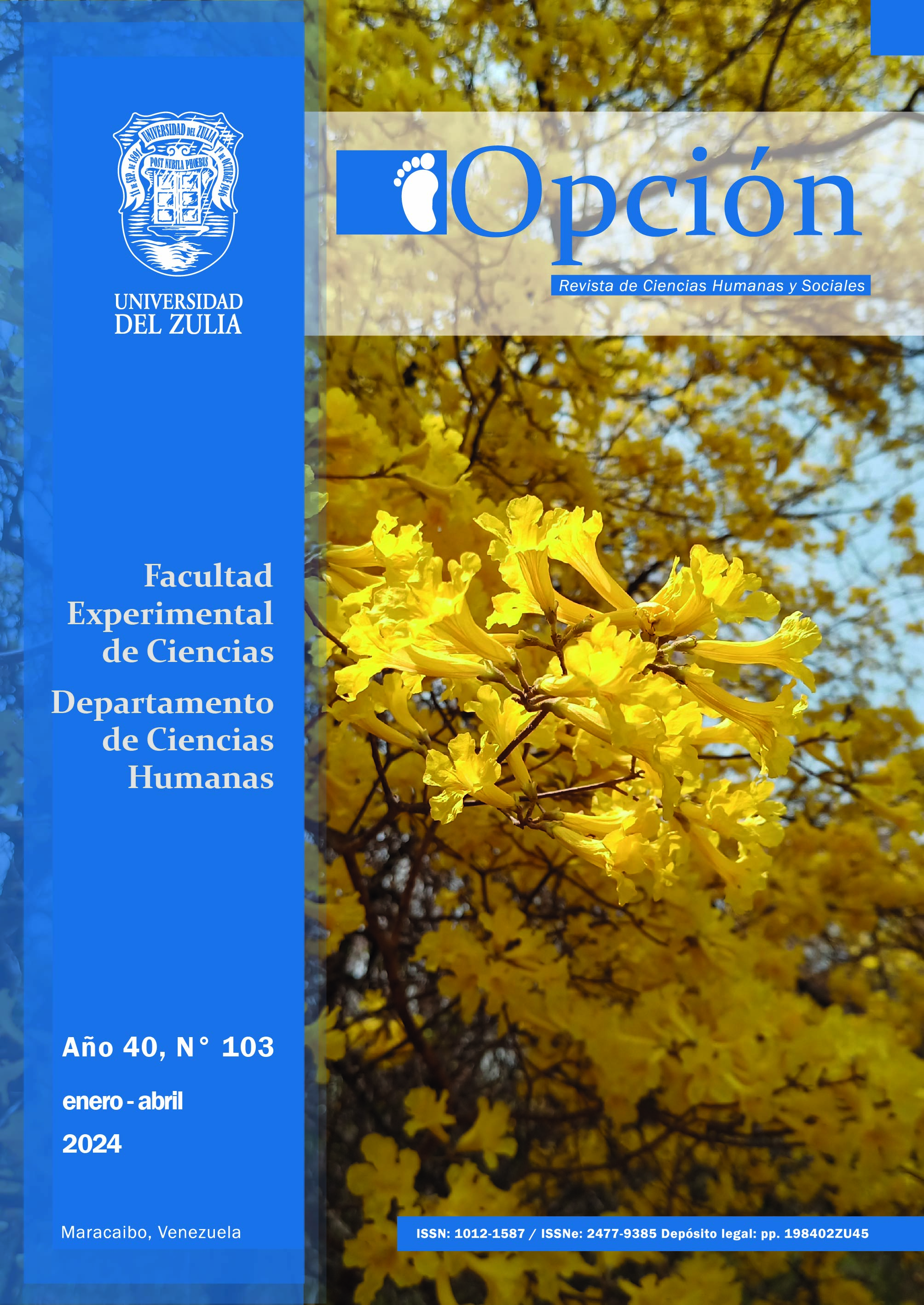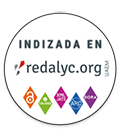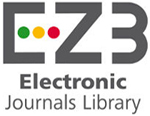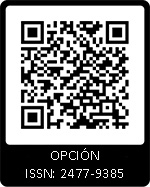From the Spirit of the Scientific Method to the Cage of the Scheme: Rethinking the Episteme of Research Rigor
From the Spirit of the Scientific Method to the Cage of the Scheme: Rethinking the Episteme of Research Rigor
Abstract
This study analyzes the gap between the original spirit of the scientific method as a creative and emancipatory attitude of thought and the predominant methodological rigidity in contemporary university research training. Based on a historical-philosophical review and documentary analysis, it argues that the scientific method should be a free, critical, and creative process, not a rigid scheme. Supported by diverse epistemological perspectives and interpretative methodologies, it employed a documentary and field design with interviews at three universities in Zulia. It concludes that methodological rigidity limits critical thinking and empties research praxis, demanding situated and humanistic teaching
References
Barbour, R. (2001). Checklists for improving rigour in qualitative research: A case of the tail wagging the dog? BMJ, 322(7294), 1115–1117.
Casadevall, A., & Fang, F. C. (2016). Rigorous science: A how-to guide. mBio, 7(6), e01902–16.
Descartes, R. (2019) [1637]. Discurso del método. Penguin Clásicos.
Galilei, G. (2010) [1610]. Sidereus Nuncius / Il Saggiatore Museo Nacional de Ciencia y Tecnología.
Guba, E. G., & Lincoln, Y. S. (1989). Fourth generation evaluation. Sage Publications.
Hernández, R., Fernández, C., & Baptista, P. (1991). Metodología de la investigación. McGraw-Hill Interamericana.
Musso, P. (2019). El método científico de Galileo y sus implicancias culturales. Phainomenon, Revista de Fenomenología, 18(1), 32–47. https://revistas.unife.edu.pe/index.php/phainomenon/article/download/1377/1428/4361
Parada, J. (2007). El sujeto de la educación: ¿a quién se educa y quién educa? Una reflexión desde Estanislao Zuleta. Revista Maestro, 1(2), 253–262.
Tamayo y Tamayo, M. (1991). La investigación: Serie aprender a investigar. Cali, Colombia: Universidad San Buenaventura - Universidad de Pamplona.
Vargas, C. (2014). Una aproximación al método cartesiano. Su relación con la contabilidad. Cuadernos de Contabilidad, 15(38), 575–597.
Zuleta, E. (2001). La participación democrática y su relación con la educación. Polis, Revista de la Universidad Bolivariana, 1(2), 1–6.
Zuleta, E. (2010). Educación y democracia: Un campo de combate. Biblioteca virtual.

























